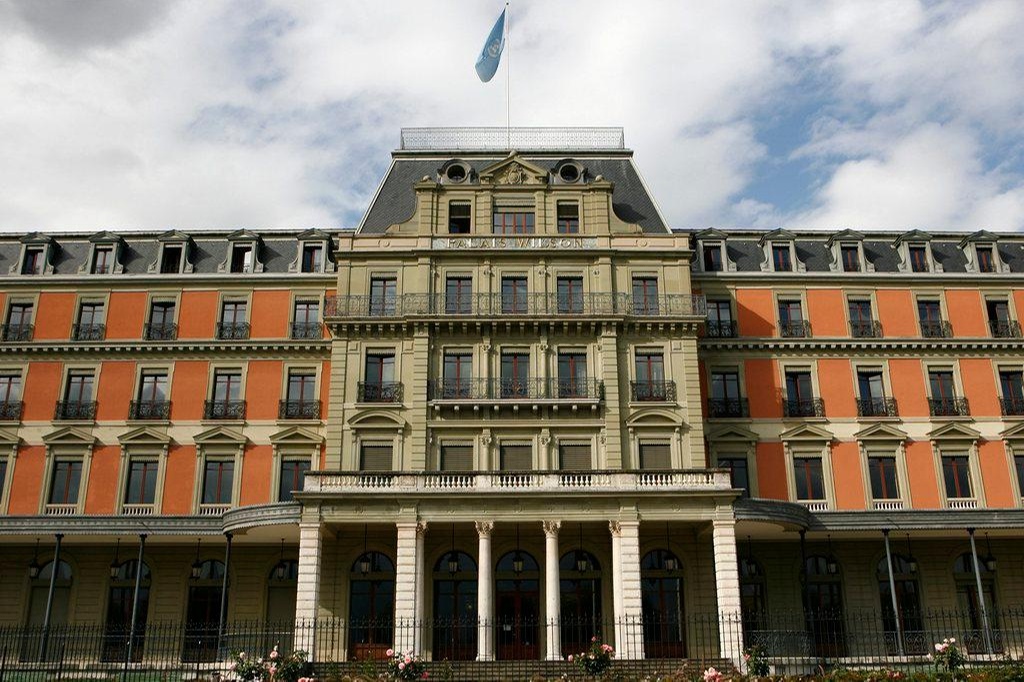
Special Procedures | Taking stock and looking to the future
ISHR calls on UN independent experts to enhance their working methods to help make human rights a global reality, using the 2017 Annual Meeting of Special Procedures to take stock of recent developments and remaining gaps.
In a submission to the 24th Annual Meeting of Special Procedures, taking place this week in Geneva, ISHR and partners examine the steps taken and those still required by UN Special Procedures – independent experts on human rights – to respond to civil society recommendations to strengthen the mechanism.
ISHR’s focal point on Special Procedures Helen Nolan explains that the submission revisits recommendations made in the joint civil society submission in 2016, welcoming progress, noting where little or no progress has been made, and offering new recommendations.
‘The Annual Meeting is a critical opportunity for these experts to exchange with civil society,’ emphasised Nolan. ‘It shows a clear commitment by Special Procedures to reflect on their internal workings and their capacity to improve.’
ISHR and its partners welcome positive steps taken since 2016, including in relation to the role of the Coordination Committee, action taken to combat reprisals, the creation of a communications database, and engagement of Special Procedures with international and regional forums.
However, the submission notes that there are areas where civil society has seen little progress.
‘There’s a real need to focus energy on strengthening the procedure for the selection and appointment of mandate holders and on dealing with the real and intractable challenge of State non-cooperation,’ said Nolan. ‘Without confronting these challenges – by ensuring diverse, independent and expert mandate holders, as well as finding ways to respond to countries that refuse to engage – this crucial mechanism simply cannot be effective.’
Highlighting examples of good practice across the board, ISHR and its partners reiterated recommendations on reporting on country visits made by the experts. They emphasised again the need to put in place systematic procedures to follow up on the past recommendations that experts have made.
‘We have also made fresh recommendations on the developments since last year’s meeting, especially in relation to reprisals, individual communications and engagement with other UN human rights mechanisms,’ explained Nolan.
‘We look forward to a constructive and dynamic discussion with the experts, and to working with them over the next year to help in whatever ways we can to help strengthen this vital mechanism.’
The full text of the submission is available here.
Appointment of UN experts should consider issues of independence, expertise and diversity, says @Helen_ISHR https://t.co/CiL71L6rwO
— Phil Lynch (@PhilALynch) May 22, 2017
Photo: Keystone/Laurent Gillieron
